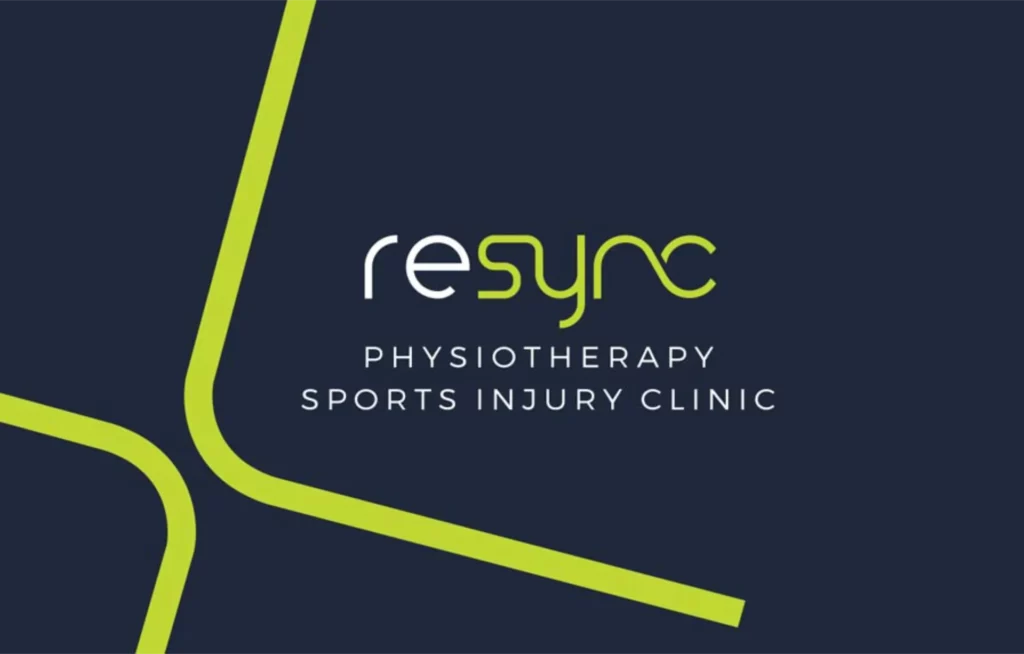Shoulder Pain??…..
Read this for insights if you have shoulder pain and your MRI results are confusing.
A Study from 2011, conducted an ultrasound scan on 50 males with no history of shoulder pain and the results were astounding.
96% of these men had abnormal findings.
The highest abnormal findings were
- bursal thickening (78%),
- A/C joint osteoarthritis (65%),
- rotator cuff tendon issues (25%)
What does this mean?
Just because your scan says you have a structural issue in your shoulder does not mean that is the cause of your pain.
More and more evidence is being released that states….
“Abnormal findings are not linked to prevalence of pain and must be correlated with clinical findings on assessment”
A high prevalence of pain can be due to the way you sit, the way you move and how good your shoulder and upper mobility is.
If you have any questions regarding shoulder pain please do not hesitate to contact us for a free consultation.
AJR Am J Roentgenol. 2011 Oct;197(4):W713-9. doi: 10.2214/AJR.11.6971.
Ultrasound of the shoulder: asymptomatic findings in men
You can book online here.

